Political positions of CIPRA International
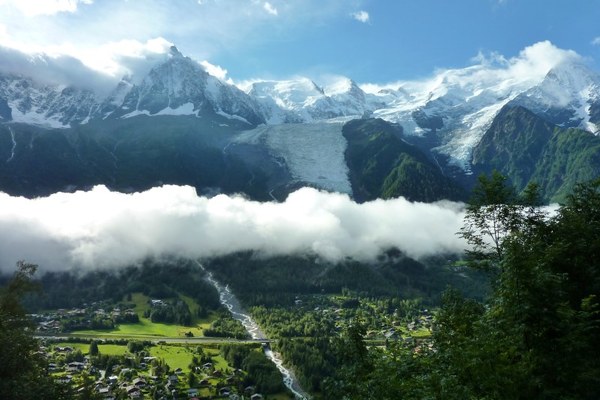
CIPRA International
Appeal: Climate change mitigation now!
An appeal from the Alpine municipalities and their inhabitants to the participants of COP 21
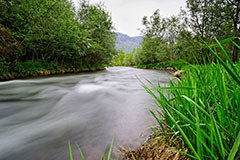
Alpine rivers are not renewable
Towards a fully sustainable energy strategy in the Alps
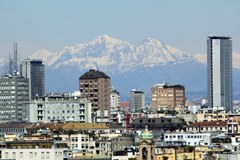
New solidarity between the Alps and surrounding areas. CIPRA position paper on a European Macro-Region Strategy for the Alps
Various political actors in the Alpine space are pushing for a European strategy for a macro-region for the Alps (MRS Alps). The International Alpine Protection Commission CIPRA, with over one hundred member organisations, possesses a wide-ranging network in all Alpine countries that extends beyond the Alps and into the surrounding metropolitan areas. CIPRA is therefore actively joining the process for a Macro-Regional Strategy for the Alps, representing the interests of sustainable, eco-friendly Alpine policies. Strengthened co-operation in such a MRS Alps must take place with the Alpine regions and surrounding areas as equal partners without undermining the achievements of the Alpine Convention.
News on Alpine Politics
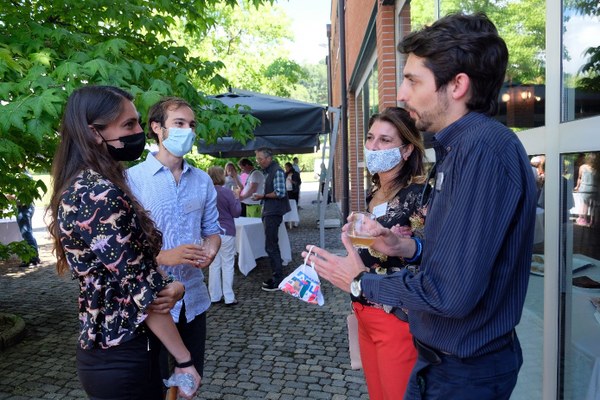
Veronika Hribernik, CIPRA International
How much is nature worth?
Alpine pastures that provide us with food. Trees that provide a pleasant microclimate. Alpine landscapes that heal and touch. At the beginning of July 2021, around 100 participants from all Alpine countries discussed the benefits and value of nature in the Alpine region at CIPRA’s Annual Conference in Biella/I.

Caroline Begle, CIPRA International
New dual leadership for CIPRA
Bianca Elzenbaumer and Serena Arduino are the new Co-Presidents of CIPRA International. They succeed Katharina Conradin, who has been in office for almost seven years.
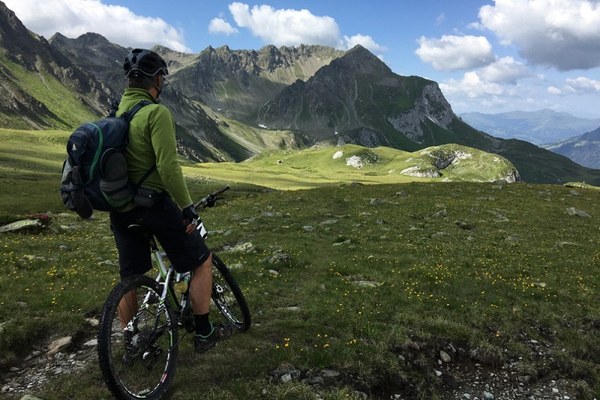
alpMedia
Swiss Chairmanship of the Alpine Convention
Switzerland has chaired the Alpine Convention since the end of 2020. One of the main topics for the next two years will be climate protection.
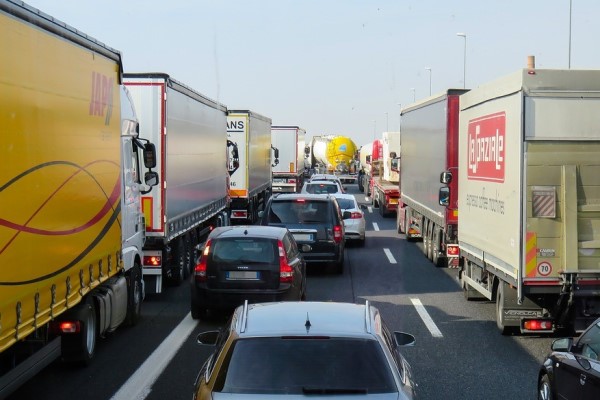
alpMedia
Freight transport belongs on the rails
EU transport ministers want to reach an agreement on the new Eurovignette Directive for transit traffic by the end of September 2020. CIPRA International and the "iMonitraf!" network are therefore calling for rapid agreement to ease the burden on humans and nature.
Standpunkte der CIPRA

Kaspar Schuler, CIPRA International
Point of view: Water will not tolerate resistance
Extreme weather conditions are also increasingly affecting the Alps. The climate crisis is driving this development. Can more and more dams, barriers or power stations solve the problem and at the same time satisfy the growing hunger for energy? We must work with the power of water rather than against it, says Kaspar Schuler, CIPRA’s Executive Director and co-author of CIPRA’s new position paper on hydropower.
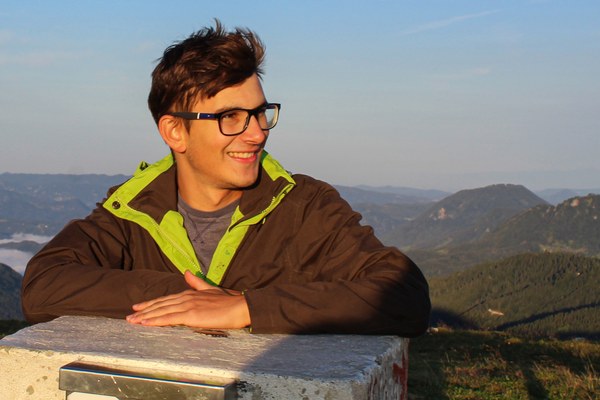
Rok Brišnik, CYC
Point of view: We need an Alpine Ticket for public transport
Homeschooling, no public transport and closed borders: the corona crisis has revealed some aspects of life that people did not previously appreciate so much. An Alps-wide ticket for public transport could tackle all of these issues, as Rok Brišnik explains. He studies Geography and History at the University of Ljubljana/SI and is a member of the CIPRA Youth Council (CYC).
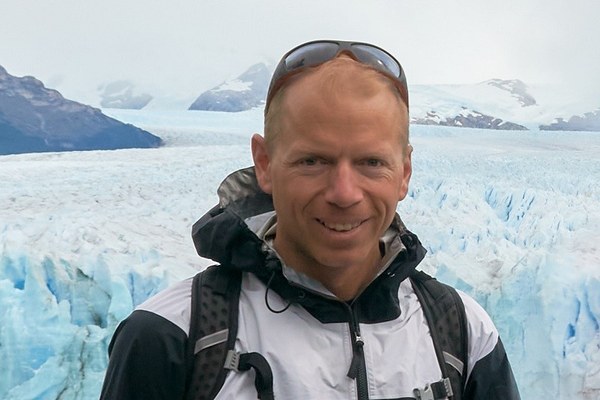
alpMedia
Point of view: For a cultural change in transit traffic
Trade has been the driving force behind cultural and social development in the Alpine region. Transit traffic in its current form, on the other hand, mainly benefits regions away from the Alps. To ban noise and exhaust fumes from the Alpine valleys we need more than a watered-down EU directive, says Stephan Tischler, President of CIPRA Austria.